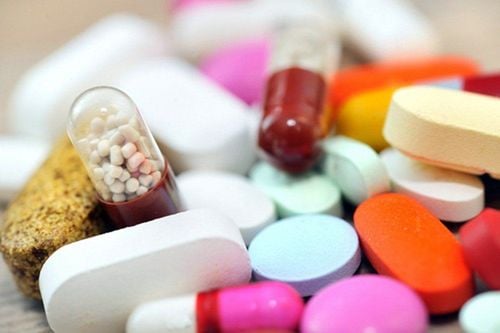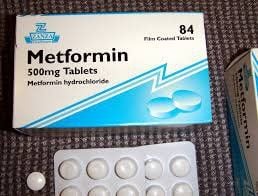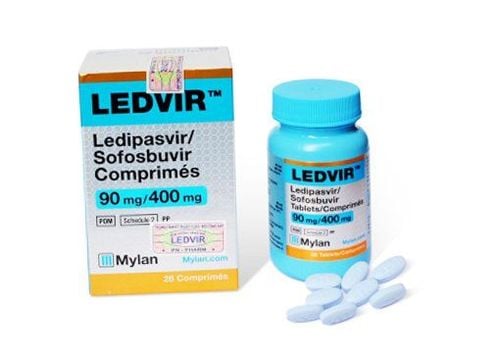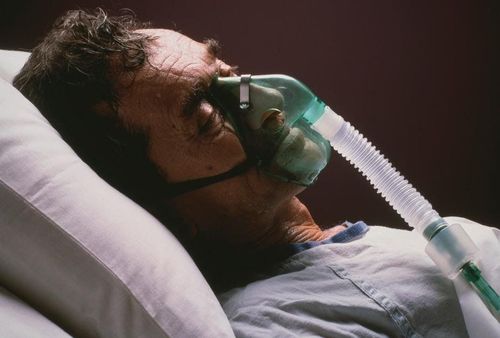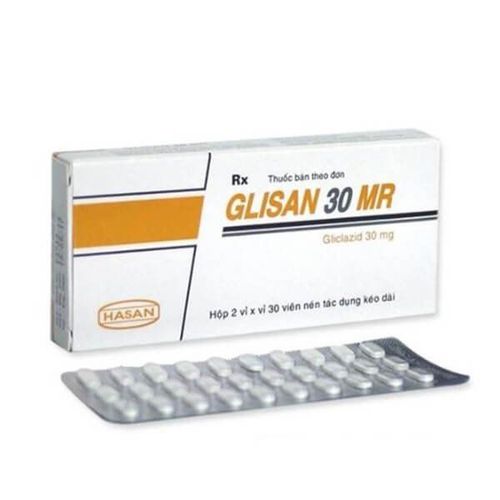This is an automatically translated article.
Blood sugar level is always kept at a stable level with a regular diet, activity and no sudden changes. However, due to a certain cause, sudden hypoglycemia can lead to many dangerous complications, especially coma and even death.
1. What is hypoglycemia?
Human blood sugar is always maintained at 4 - 7 mmol/L. When blood sugar drops below 4 mmol/L, signs of sugar deficiency will appear. If not treated promptly, the level of hypoglycemia will increase and endanger the health of the patient.
2. Causes of sudden low blood sugar
Causes of hypoglycaemia in diabetic patients
Non-compliance with treatment, overdosing on medications prescribed by a doctor or arbitrarily adding drugs, especially insulin overdose. In the early stages of diabetes treatment, blood sugar levels are not stable. Patients with excessive fasting, excessive physical activity
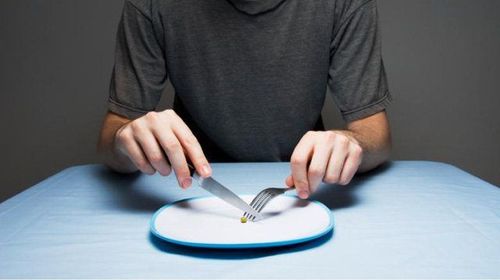
Nhịn ăn quá mức là một trong những nguyên nhân gây hạ đường huyết đột ngột
Diabetes with renal failure, cardiovascular disease (beta blockers and coronary vasodilators). Causes of hypoglycemia in people without diabetes
The body secretes too much insulin (due to hyperplasia, pancreatic islet beta-cell tumor) or extrapancreatic tumors appear. Patients with excessive fasting, malnutrition, alcoholism... Hypoglycemia in patients with endocrine diseases such as adrenal gland disease. Abnormalities of metabolism in the body. Sudden hypoglycemia due to overuse of insulin to commit suicide.
3. Is hypoglycemia dangerous?
According to doctors, complications of sudden low blood sugar are much more dangerous than high blood sugar, especially for patients with diabetes. Especially, if hypoglycemia occurs at night, in the elderly, if not detected for immediate treatment, it can even lead to death.
There are two factors that answer the question of whether low blood sugar is dangerous:
The human brain uses only the source of energy produced by glucose. Therefore, when low blood sugar will affect the activity of the nervous system, affect perception and cause damage to the brain. Hypoglycemia can also cause coma and convulsions. These are factors that increase the risk of damage to health, indirectly affect the patient and can even cause death.
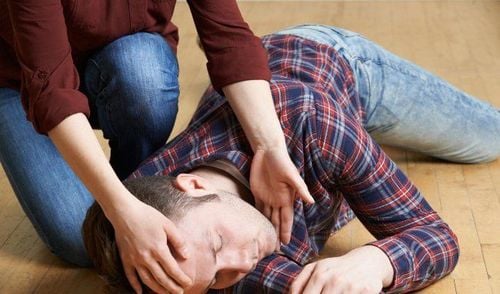
Hạ đường huyết gây ảnh hưởng trực tiếp đến hệ thần kinh
For the elderly and diabetic patients, the manifestations of sudden hypoglycemia are often unknown, it is difficult for patients to realize that they have hypoglycemia and cannot handle it in time. Therefore, recognizing early signs for treatment and timely treatment when blood sugar levels begin to decrease helps limit the risk of brain damage and the danger of hypoglycemia.
4. Signs of low blood sugar
Signs of mild hypoglycemia Patient feels nauseous, gut-wrenching, stomach-ache... Whole body sweats, fatigue appears. Patients find that their body is weaker than usual, intellectual activity is reduced, confusion, mood changes, and irritability. Sometimes, sensations of paresthesia, numbness of hands and feet appear, double vision... Cases of severe hypoglycemia Signs of neurological impairment such as acute confusion, strong agitation, signs hemiplegia (pseudo-stroke) or focal neurological signs. Occurrence of convulsions, which may be continuous or intermittent. Severe disturbance of consciousness, even deep coma. The patient may be accompanied by malaise, with distinctive signs such as generalized hypertonia. The disease can progress to a prolonged coma (cerebral edema) or permanent neuropsychiatric sequelae (post-hypoglycemic encephalopathy).

Hạ đường huyết mức độ nặng có thể khiến người bệnh bị hôn mê kéo dài
5. Treatment of sudden low blood sugar
When the patient shows signs of hypoglycemia, he must quickly eat some sugar-containing foods such as candy or drink a glass of sugar water (200ml), then lie down and rest quietly, check blood sugar again later. 15 minutes, if still low, repeat the same eating until blood sugar is above 4 mmol/L. After that, when the patient regains consciousness, it is advisable to eat enough nutrients. In particular, in diabetic patients with signs of sudden hypoglycemia, 30% hypertonic glucose solution should be used as soon as there is suspicion, especially after the patient is on glucose control drugs. (insulin or oral medication). Dosage should not exceed 60ml, then maintain drip with 10-15% glucose solution. Glucose infusion is also a valuable diagnostic test, the signs of hypoglycemia will disappear. The progression of hypoglycemia is highly dependent on prompt treatment.
6. How to prevent hypoglycemia?
Compliance with treatment: Take medicine as prescribed, at the right dose, at the right time, do not arbitrarily increase the dose or add drugs without the doctor's opinion. . Blood sugar should be checked regularly to adjust diabetes medication. Do not be physically active, if necessary, consult your doctor for specific instructions. Do not drink alcohol. Always carry some glucose tablets with you if you are being treated for diabetes. Currently, Vinmec International General Hospital is providing a diabetes screening package to help patients detect the disease early and improve treatment efficiency.
To register for an examination at Vinmec International General Hospital, please book an appointment on the website for service.
Please dial HOTLINE for more information or register for an appointment HERE. Download MyVinmec app to make appointments faster and to manage your bookings easily.




